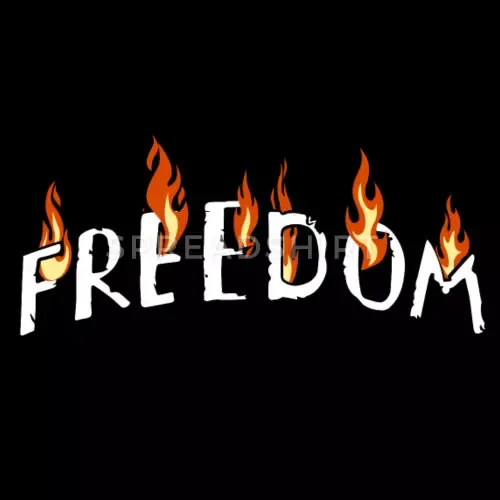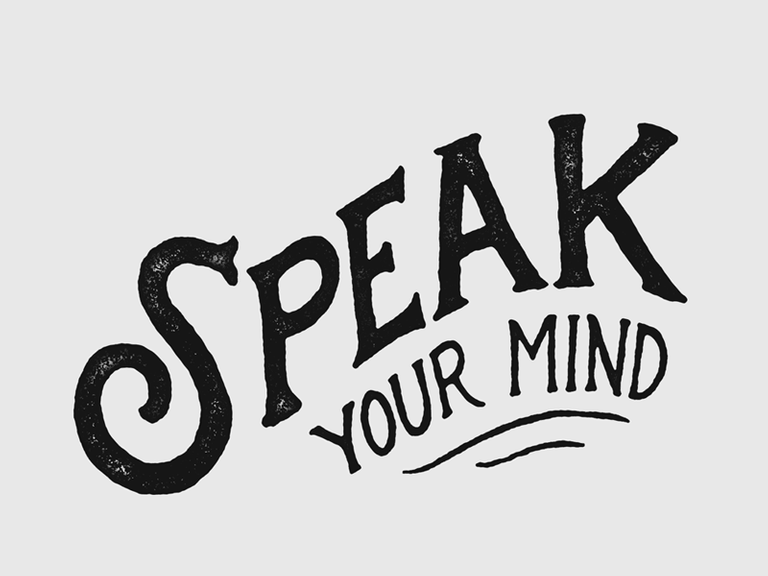The spark of Freedom and Following One's Own Heart.
I made an essay looking at the characteristics of the poems The Republican Genius of Europe by Philip Freneau and Careless Philosopher’s Soliloquy by Henry Livingston, Jr. You can find these poems in my earler post here:
.jpg)
Without further adieu let's begin!
https://steemit.com/poems/@ethanthefighter/here-are-some-poetry-i-made-an-essay-about
The poem The Republican Genius of Europe illustrates the characteristics of the revolutionary period by revealing the “flame” that went from America to Europe. While Careless Philosopher’s Soliloquy tells a more quiet story of the colonial period, following his own intuition, only hinting at the revolutionary times. The Author who wrote The Republican Genius of Europe, is Philip Freneau and he was born in January 2nd, 1752 and died in December 18th, 1832. Writing anit-British satire, becoming a ship's captain in the revolutionary war, established a newspaper company the National Gazette, and later retiring just to write poetry and essays, this man was literally called “The Poet of the American Revolution”. Henry Livingston, Jr., who wrote Careless Philosopher's Soliloquy, was also famous for writing “Account of a Visit from St. Nicholas,” which now referred to as “Twas the Night Before Christmas”! Livingstron Jr, also fought bravely in the Revolutionary War. These poems teach us how freedom influenced and caused the downfall of monarchs, how and what it did to Europe including France, how we should speak our mind and don’t need fame, and riches to find joy.

The poem, The Republican Genius of Europe, gives one the feeling of excitement of freedom’s arrival and the anger towards the Kings, Emperors, and rulers. “The age is come that shakes your thrones”, The Author proclaims that now is the time for a republic, liberty, and for the end of the monarchy. In the first stanza, it says “Emperors and kings! in vain you strive”. Philip Freneau is basically questioning why even try kings; your actions of sustaining and holding onto your power won’t save you from freedoms grasp. In verse two he explains that the idea of freedom turned passionate and became victorious for America. Now that same spark is growing in Europe, more specifically, France. The beginning part of the poem really illustrates how people are feeling excited, and passionate about the idea of liberty, and an end to monarchy.
.jpg)
Philip Freneau, in the next two stanzas, tells us how the idea of freedom and liberty infiltrates Europe, especially France. “From thence to France it flew-- Through Europe, now, it takes its way,”. Freneau is probably referring to the French revolution which took place soon after the American Revolution. He encourages France to hold on and fight for their liberty and freedom here “Genius fo France! pursue the chace”. In the last stanza, he personifies the idea of freedom by saying “Pale tyrants shrink before his blaze--”, which “his blaze” means freedom’s passion. Not only that Freneau clearly communicates to his readers on how the monarchs, kings, and rulers, are extremely frightened, by liberty. From America, the fire of freedom reaches all over Europe and scares all the existing monarchs. “With eyes of fire, he looks then through, Crushes the vile despotic crew, And Pride in ruin lays.”
A more relaxed poem comes from Henry Livingston, Jr. who wrote Careless Philosopher’s Soliloquy, and in that poem, he speaks his mind on being okay with not being rich and powerful and slightly hints at the revolutionary period. In the poem, there's someone who chooses to follow his own intuition and heart no caring about what other people think. “I rise when I please, when I please I lie down,”. He doesn’t care for wealth or trying to be someone important as he says “The rattle called wealth I have learnt to despise, Nor aim to be either important or wise.”. And throughout his poem continues to speak about just enjoying life being mindful of it. Not worrying about other people's opinions. Some may say his message shouldn’t be a good representation of the colonial period because it seemed as if people back then wanted to be known and be the “adventurer” or the “rich explorer”. That may be all well and true but his ideas of being free from wanting to be known, being wealthy, and free of having to deal with monarchy is an important part of the colonial period history and culture! The very last verse says “Nor envy a monarch His cares and His crown.” He’s explaining that again he doesn't want that life, and how there shouldn't even be a king, and gives that subtle nod to the revolutionary war. This colonial period poem captures a lot of had happened back then but also applies today for us to speak our mind, and not needing power and riches.

These two poems represent the colonial period, and the revolutionary period very well. From how the spark of freedom grew into a powerful flame in America, and how it traveled to France with its own revolution. The poems communicate to his readers that the kings are scared, the people need to fight and to bring and preserve freedom. In Careless Philosopher’s Soliloquy shows us that we don't need wealth, and power, we should be ourselves and enjoy life. This poem is important to the colonial period because it's a powerful message of freedom of speech! Both poems do an amazing job of communicating to the reader of the fire and passion for freedom and being able to speak one's mind, not needing to be rich and powerful to find joy in life.

Please Upvote and resteem! Thank you so much guys! What do you think guys about poetry connecting to our lives?